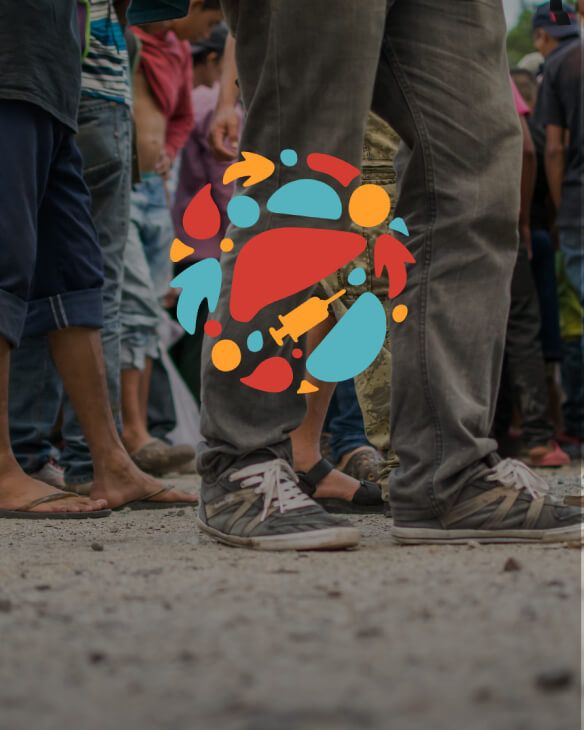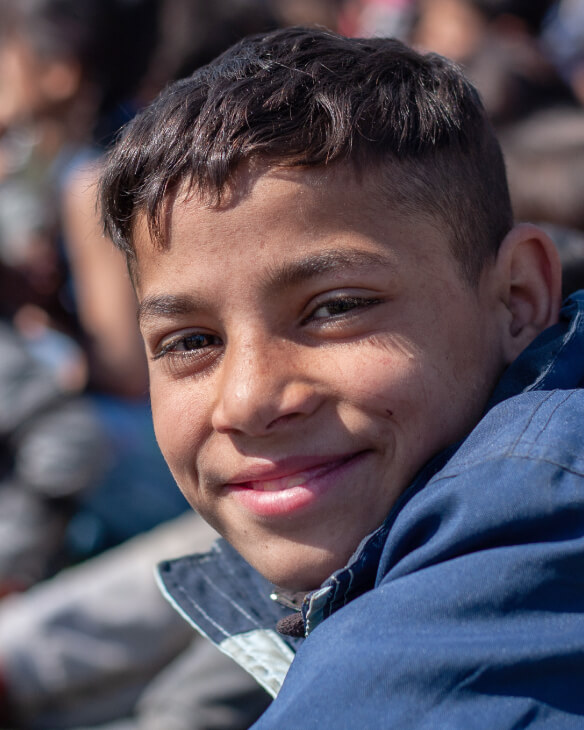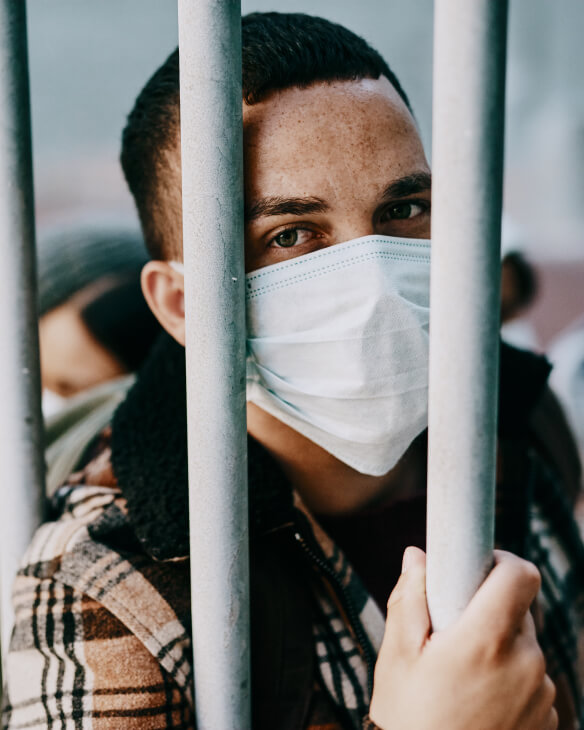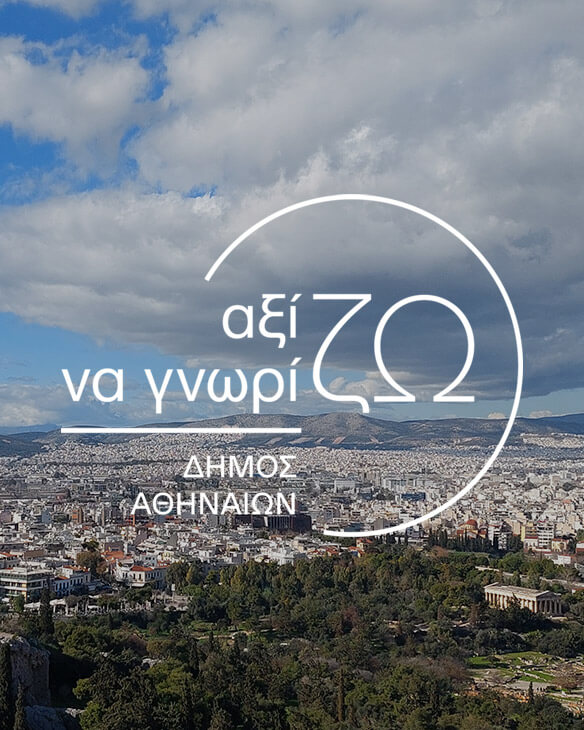Transmission, screening and vaccination dynamics for COVID-19 in social networks of migrants from Bangladesh and South Asia
- Project Duration 2022 - 2023
Between 2022 and 2023, seven focus group discussions were conducted with the participation of 38 Bangladeshi migrants. The discussions focused on sources of COVID-19 information, vaccination experiences, compliance with public health measures, and the acceptance of short video stories as a good practice for education and prevention.
The study highlighted four key themes, offering valuable insights into the experiences and perceptions of the Bangladeshi migrant community in Athens during the COVID-19 pandemic:
- Sources of Information and Trust in Them:
Participants primarily received information through informal channels such as friends, relatives, and social networks. However, they expressed high trust in institutions like the World Health Organization (WHO) and healthcare professionals. - The Role of Fear as a Motivator:
Fear of becoming ill or losing income was a decisive factor in adhering to prevention and protection measures. Compliance was not always based on understanding of guidelines but often driven by feelings of concern and uncertainty. - Vaccination Experiences:
While most participants acknowledged the value of vaccination, many faced barriers to access, primarily due to lack of documentation or language difficulties in communicating with health authorities. - Acceptance of Short Informational Videos as an Awareness Tool:
Participants responded positively to the idea of using short educational videos in their native language (Bengali), featuring trusted scientists and recognizable community figures. This suggestion underlines the need for culturally tailored and easily accessible communication tools.
The study was conducted in collaboration with the University of Chicago, the National and Kapodistrian University of Athens (NKUA), and the Hellenic Scientific Society for the Study of AIDS and Sexually Transmitted Diseases (EEEAIDS), and was implemented by Promitheas.




